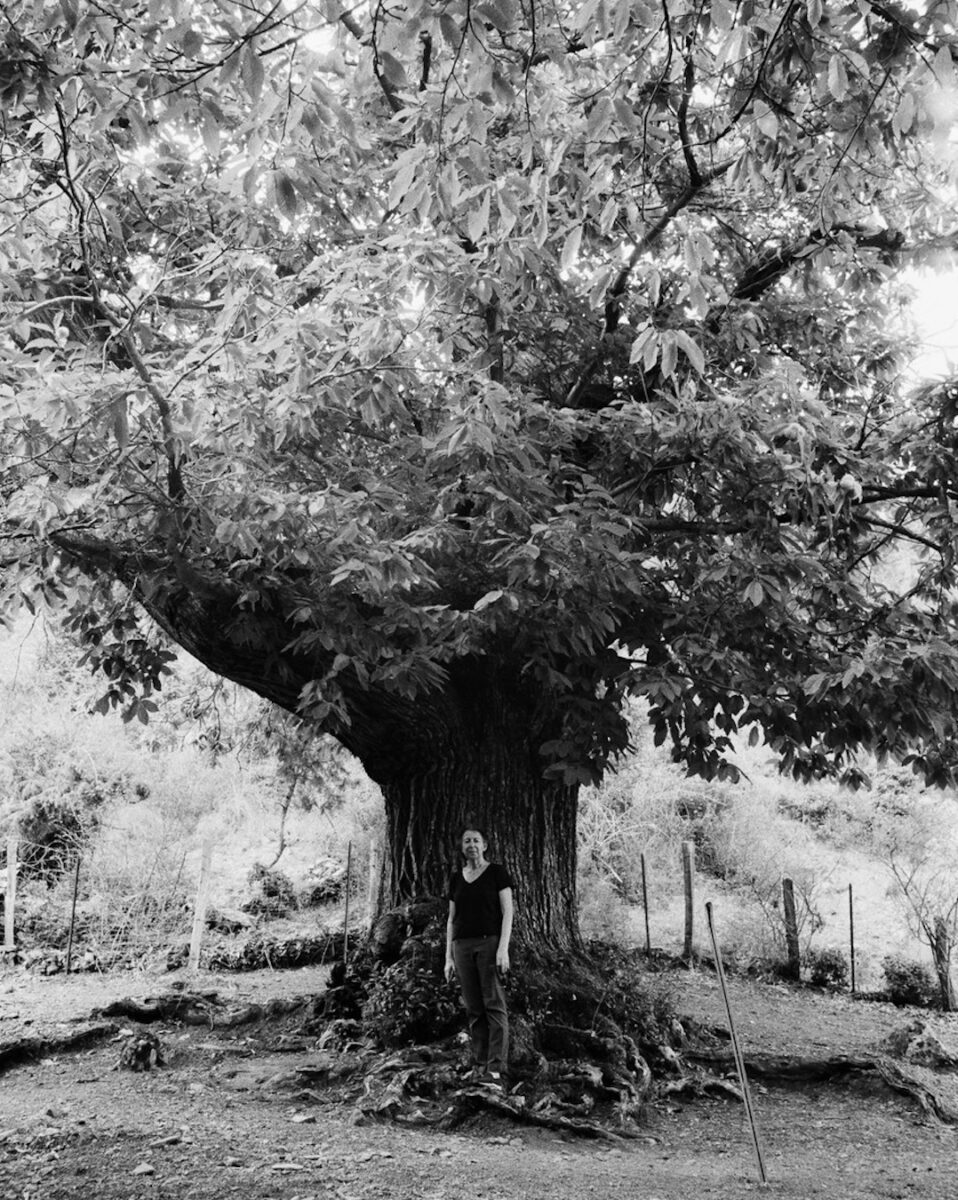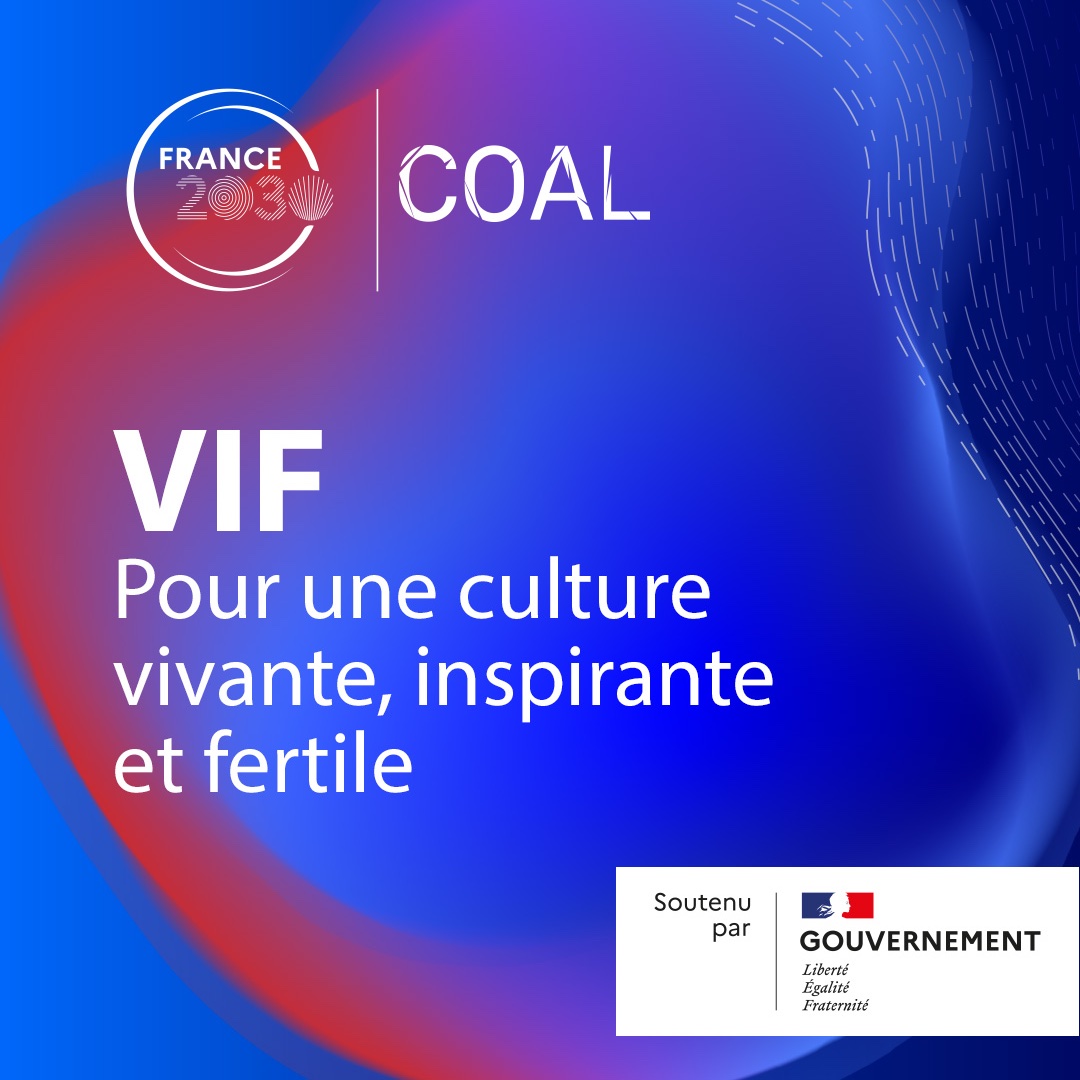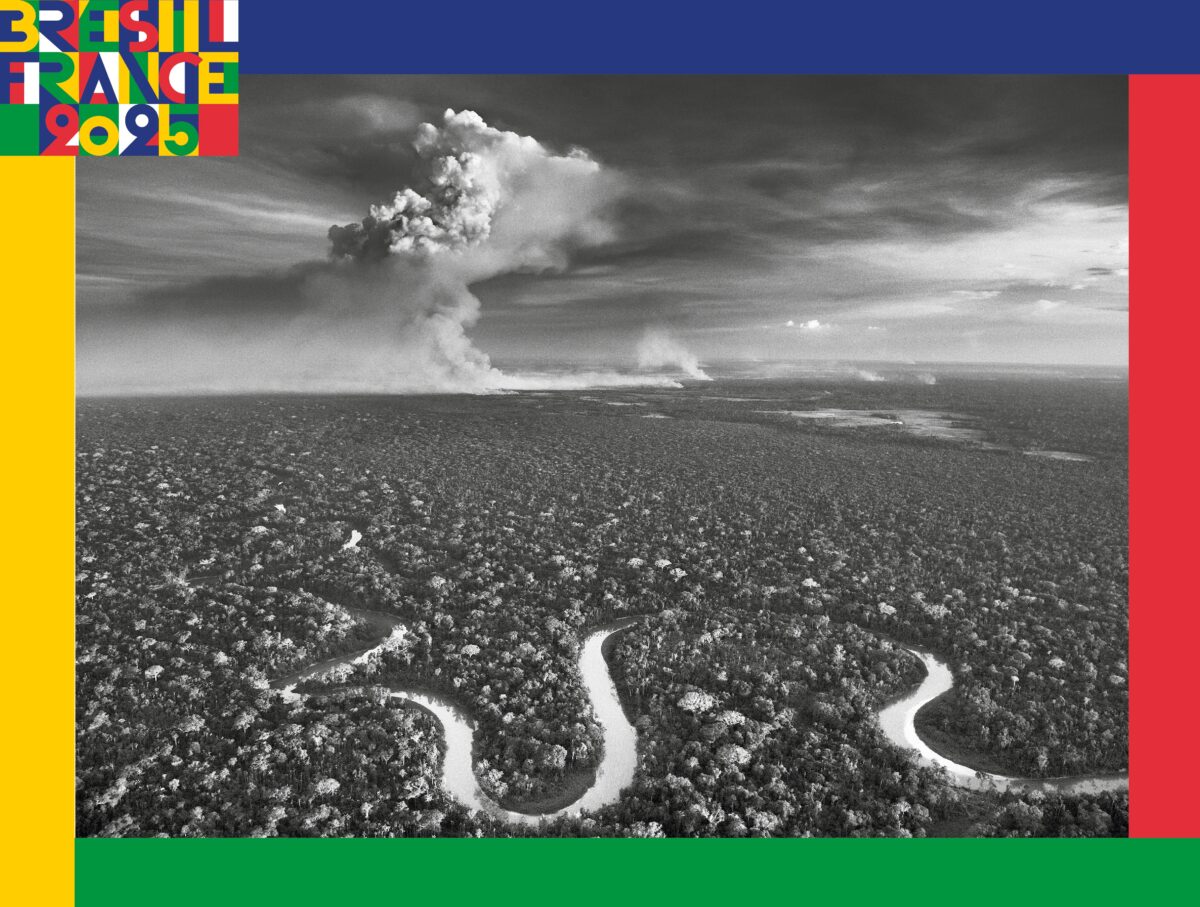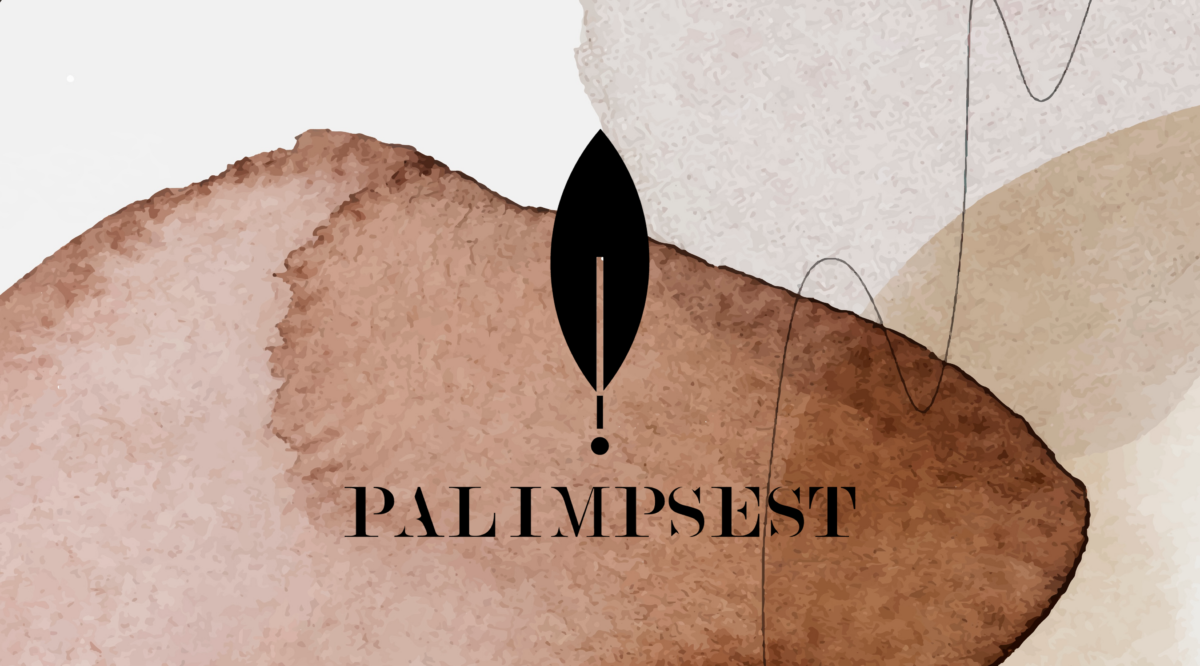
The “E Voce di u Castagnu” project
E Voce di u Castagnu – The Voices of the Chestnut Tree – is a research-action project focusing on Corsica’s…

Biodiversity, a major environmental issue, is often overshadowed by the question of decarbonization. Yet it is essential to our planet’s equilibrium. Our new VIF program responds to the cultural sector’s need to measure its biodiversity footprint, to form a community, to train and equip itself to place the living world at the heart of its transformation challenges, and to respond to the urgent need to preserve ecosystems.
Published on 17 January 2025
VIF, projet pour le vivant et la Biodiversité is a winner of the France 2030 “Alternatives vertes 2” program, which supports innovation in all its forms, in support of the ecological transition of cultural players.
VIF is supported by COAL in collaboration with Marguerite Courtel, co-founder of Les Augures, and Antoine Vallier, co-founder of darwin data, in partnership with the Institut Michel Serres.
Based on specific case studies, this program will produce an exemplary biodiversity reference framework for cultural players, methodological tools to help cultural professionals improve their skills, meetings and dialogues with nature conservation experts, while exploring the role that artists can play in preserving the living world and the potential of culture-based solutions.
For the past 15 years, the COAL association has been proposing emblematic initiatives to foster a culture of ecology and life. Drawing on this experience, COAL has identified the sector’s strong need for skills and support on biodiversity issues, and the need to propose a genuine reference framework on the subject for the sector.
It has become essential to create a platform for dialogue between the visual arts and biodiversity stakeholders. Today, COAL has teamed up with experts in biodiversity, biodiversity footprint measurement and the transition of cultural industries to create the VIF program.
Background
Objectives and actions
Using concrete case studies, the program aims to create a biodiversity reference framework for cultural players, develop methodological tools and encourage exchanges with nature conservation experts, while exploring the role of artists in preserving the living world and the potential of “culture-based solutions”.
→ Identify best practices and experiments in favor of biodiversity implemented in cultural organizations.
→ Structuring and deploying a space for dialogue between cultural players and those involved in preserving the living world in order to decompartmentalize the sectors.
→ Identify and measure the impacts and dependencies on biodiversity of a representative sample of visual arts projects in natural and urban environments.
→ Design a self-diagnosis tool for the benefit of the CCI sector, taking into account impacts and dependencies on the cultural sites themselves as well as on their value chain.
→ Design collective training and support courses and action methodologies for museum, heritage and visual arts professionals.
The VIF program is supported by the French government as part of France 2030’s “Supporting Green Alternatives 2” program, operated by Banque des territoires – Caisse des Dépôts.
About France 2030
France 2030 investment plan
More information on : france2030.gouv.fr
Contacts:
Secrétariat général pour l’investissement
01 48 75 64 68 | presse.sgpi@pm.gouv.fr
About Banque des Territoires
Banque des Territoires is one of Caisse des Dépôts’ business lines. It brings together the Group’s in-house expertise for the benefit of the territories. As a single point of contact for its customers, Banque des Territoires works alongside all local players: local authorities, local public enterprises, social housing organizations, the legal professions, businesses and financial players. It supports them in carrying out their public-interest projects by offering a continuum of solutions: advice, loans, equity investments, consignments and banking services. By reaching out to all regions, from rural areas to metropolises, Banque des Territoires aims to maximize its impact, particularly in terms of ecological transformation and social and territorial cohesion. Banque des Territoires’ 37 local offices ensure that its action is deployed throughout metropolitan France and the French overseas territories.
Working together to develop greener, more inclusive communities
More information on : banquedesterritoires.fr
Press contacts :
Antoine Pacquier – antoine.pacquier@caissedesdepots.fr | 06 07 58 65 19
Nathalie Police – nathalie.police@caissedesdepots.fr | 06 86 42 69 58
E Voce di u Castagnu – The Voices of the Chestnut Tree – is a research-action project focusing on Corsica’s…
As part of the France-Brazil Cultural Season, the Nuits des forêts festival at the Jardin d’Agronomie Tropicale takes us on…
Discover the 2nd Residential Workshops in Milan, Łódź and Jerez de la Frontera.


